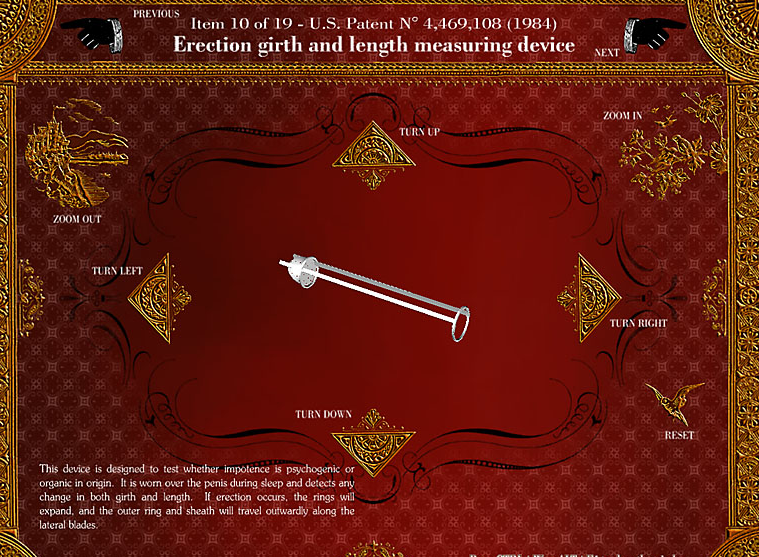Now Debuting: One-Click Payment For Illegal Downloads

Frank Zappa again is a mother of invention.
Since Friday, songs of the experimental musician, dead now for almost 15 years, have been used to test a one-click system for getting payments from individuals who download works of artists illegally.
The test is being conducted by Nexicon Inc., a Malibu, Calif., supplier of anti-piracy technology and services. Nexicon last week announced that it had reached an agreement with YouTube to monitor videos uploaded to its site for possible copyright infringement on behalf of motion picture studios and other content owners.
As early as next week, Nexicon is preparing to announce the debut of a service for musicians and music owners that will sort through billions of files from peer-to-peer and other file-sharing services as they are downloaded, identify those which are being downloaded illegally, and send notices automatically to the downloading party that they are breaking the law. As part of sending the notice, the service will propose a settlement that includes instant payment by Visa, MasterCard, PayPal or electronic check of the retail price of the file plus an administrative fee to cover costs.
This "actually provides dollars in the pocket of the musicians a fair amount for the distribution channel that online peer-to-peer file sharing, etc.," said Samuel M. Glines, Nexicon's vice president of strategy and planning.
The International Federation of the Phonographic Industry estimates that 95% of all music downloads are illegal. The music reaps nearly $3 billion now, from legal sales of digital music.
The company has applied for a business process patent on its approach to the sending of notices en masse to violating parties and the automated resolution of dispute, Glines said. The company calls the process and program GetAmnesty. TorrentFreak last year labeled the tactic of turning infringement notices into cash as "extortion."
The approach has been pioneered by founder and chief technology officer Tommy Stiansen, who describes himself as a "natural-born content pirate" from Bergen, Norway. Since 2004, Stiansen says he has devoted himself to creating a business model for profiting from protecting content owners from piracy, instead.
In the Frank Zappa case, he contends that a top tune from the eccentric musician such as "Bobby Brown" is downloaded illegally in copyright-protecte d countries around the globe roughly 60,000 times a day. All told, Nexicon says its anti-piracy technology inspects 19.6 billion file transmissions every day, including files using BitTorrent, eDonkey, Gnutella, and other protocols.
The Nexicon collection system is being based, to great degree, on online retailer Amazon’s “one-click” process for taking payments, Glines said.
The Nexicon approach to one-click payments will allow content owners to have "100% automated responses" to illegal downloads. They could even use the contacts with fans as opportunities to deliver notices of concerts of living artists that will be coming soon to a city near the downloader, a chance to give away a new song from a new collection and other types of communication, Stiansen said.
The system also will be able, though, to build a history on any user that is a repeat offender, keeping track of any songs being illegally downloaded to a particular machine. The company will use "clock-skew" technology to identify each machine.
Nexicon maintains there will be no witch-hunting or bounty-hunting of illegal downloaders. Instead, the process will give content owners a chance to turn the downloaders into paying customers. According to Glines:
"We're not looking to break the bank and sue individuals. We understand that these folks are the fans of these musicians. The content owners want to embrace the fans and want to connect with the fans. They just want to be compensated for the work that they have produced.''
The numbers are changing every day of the Zappa test. But with tens of thousands of downloads put through the paces of the automated system for notices and payment collection, the company indicates that roughly half the time the users who get a notice pay up.
